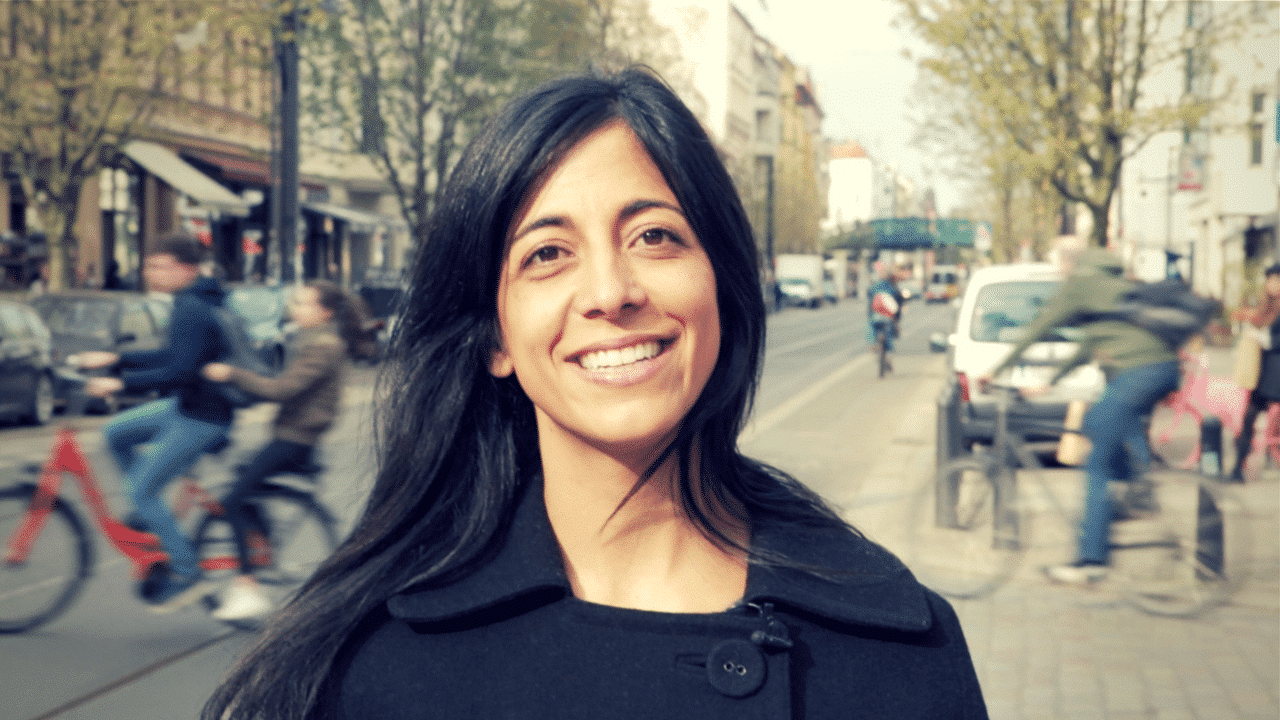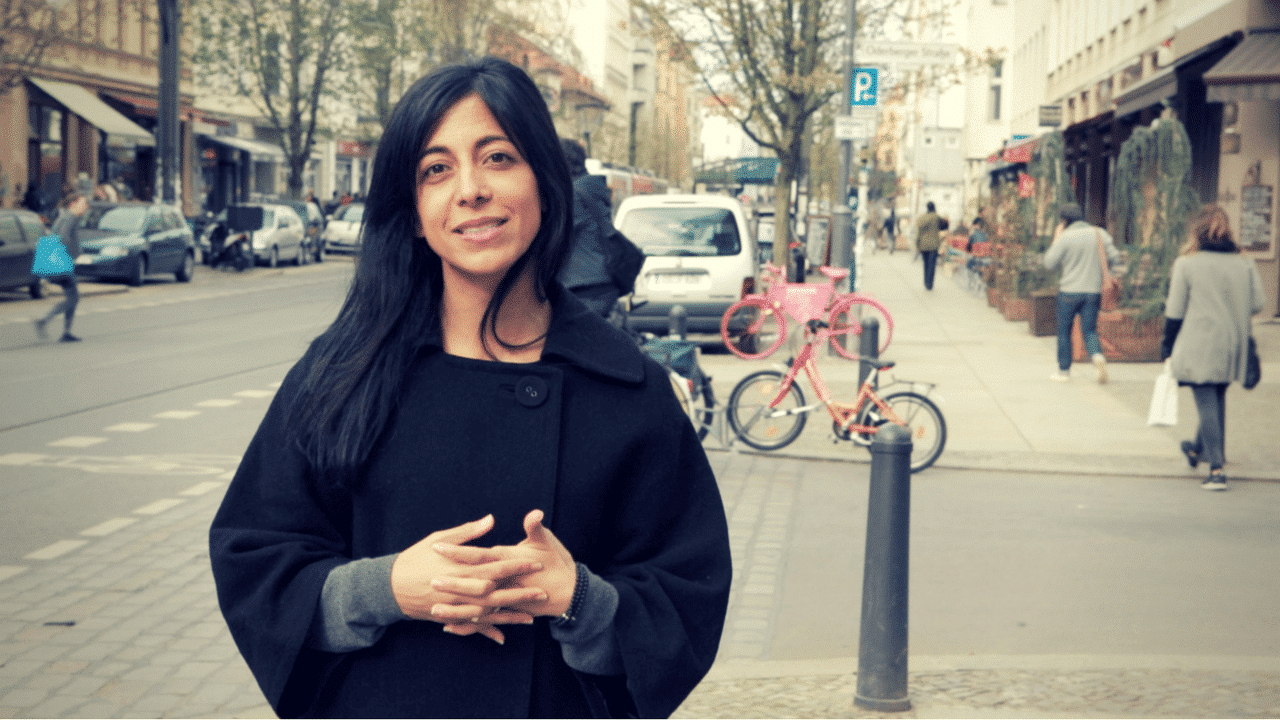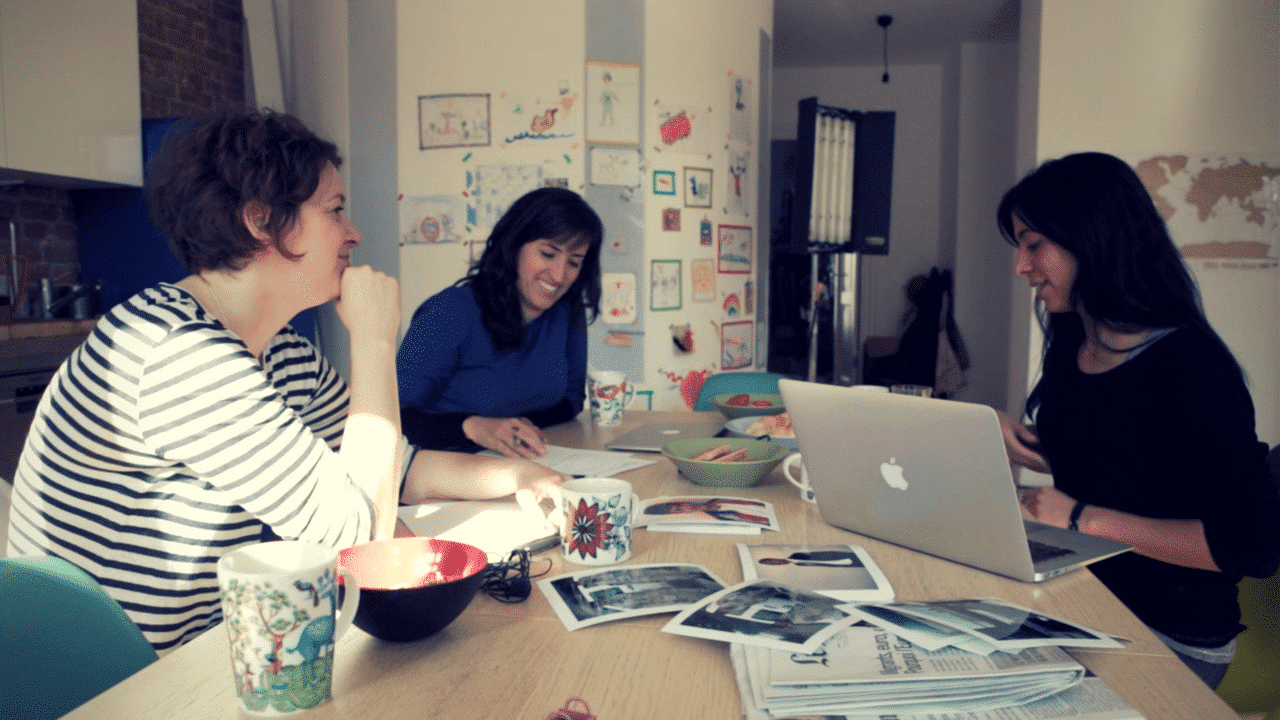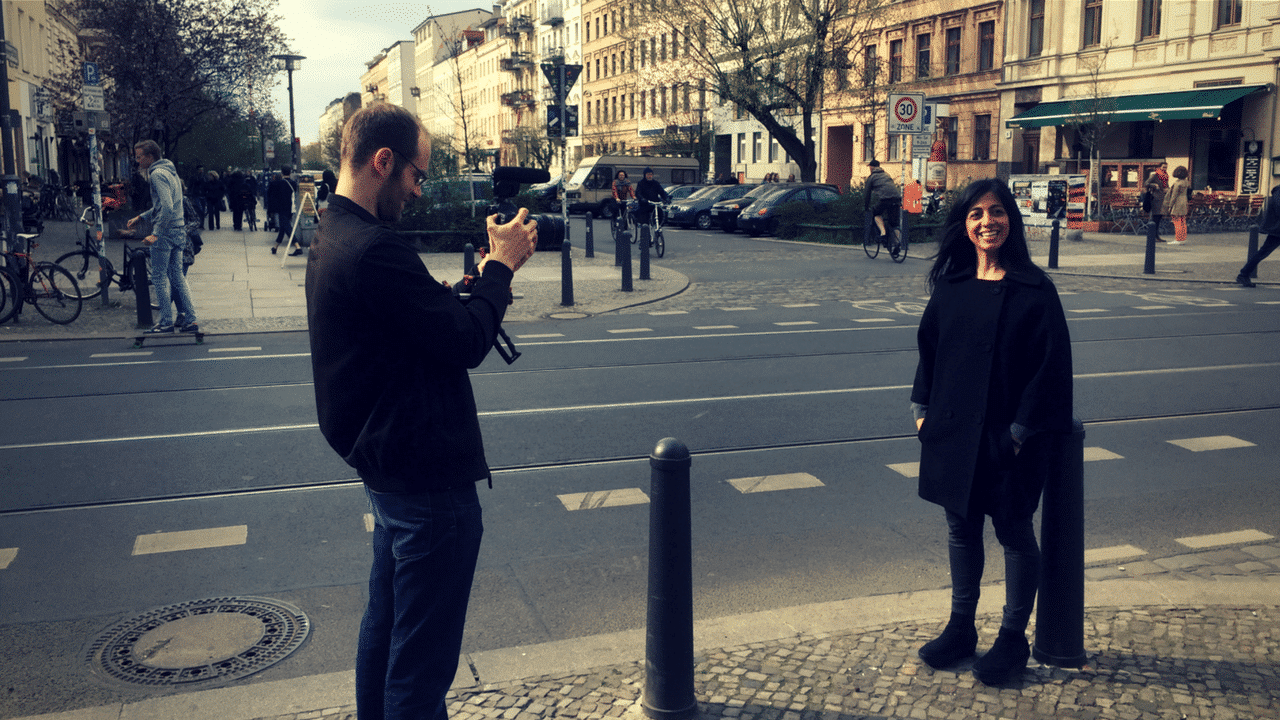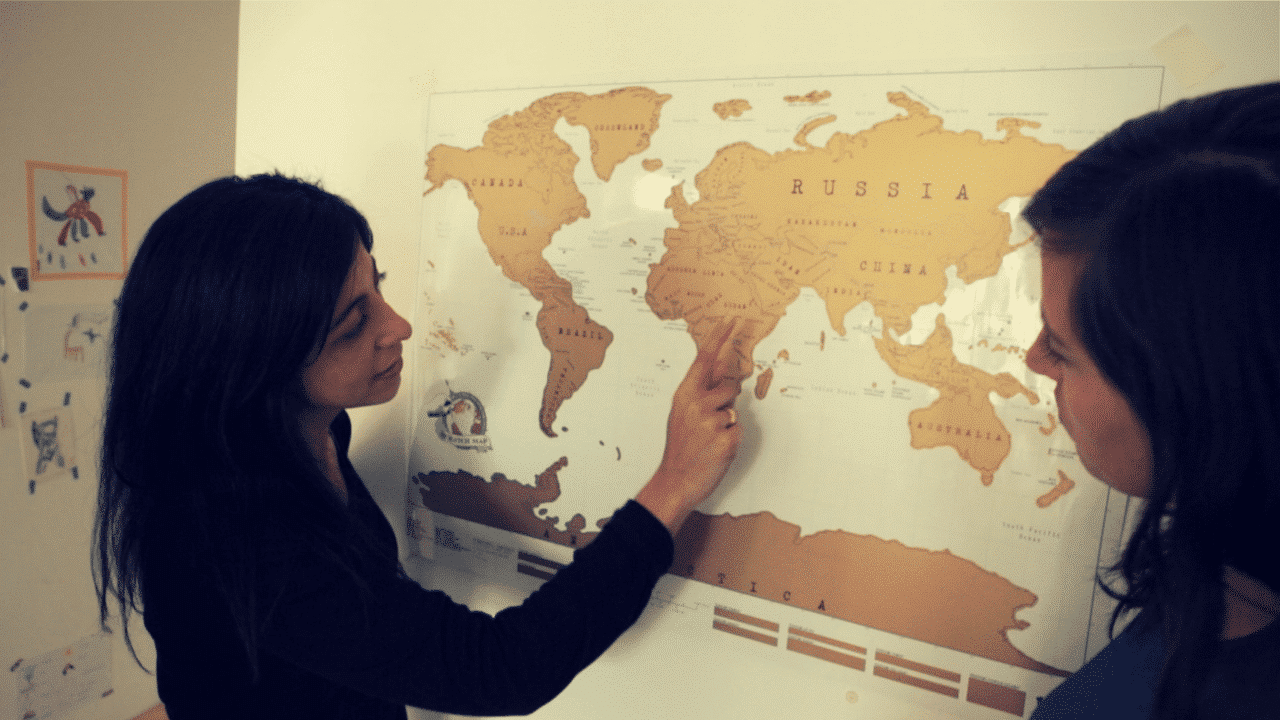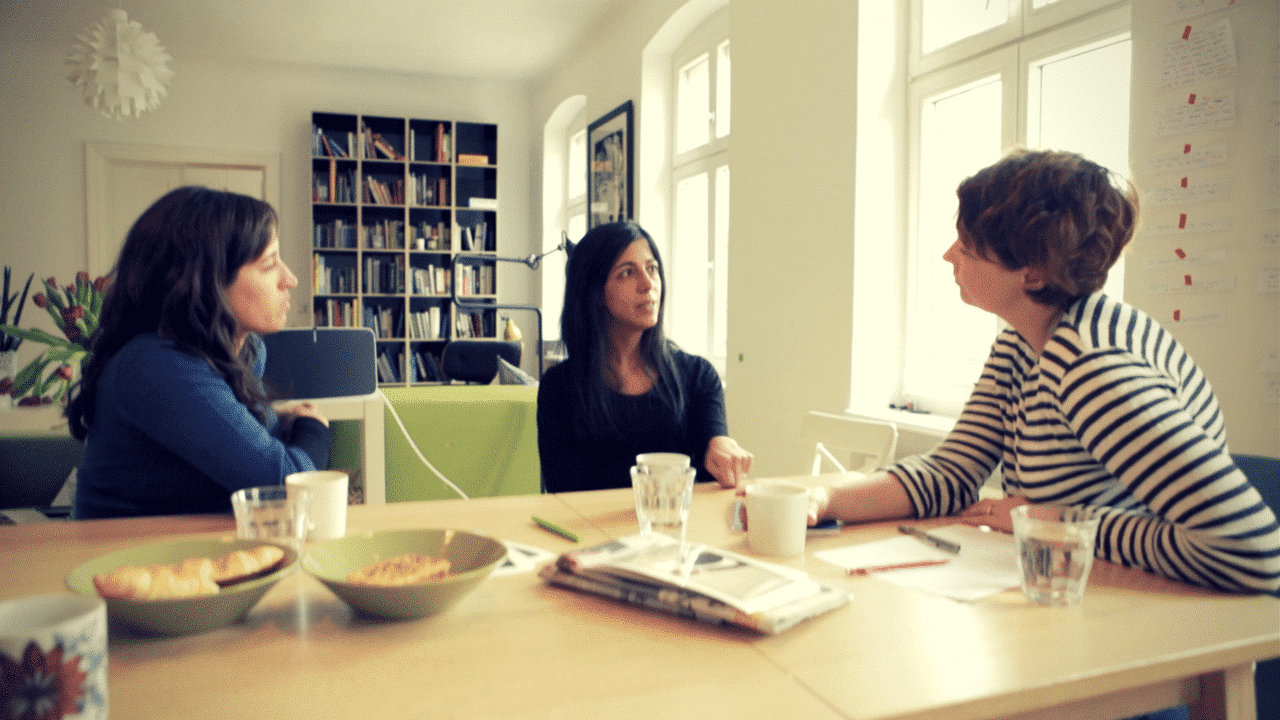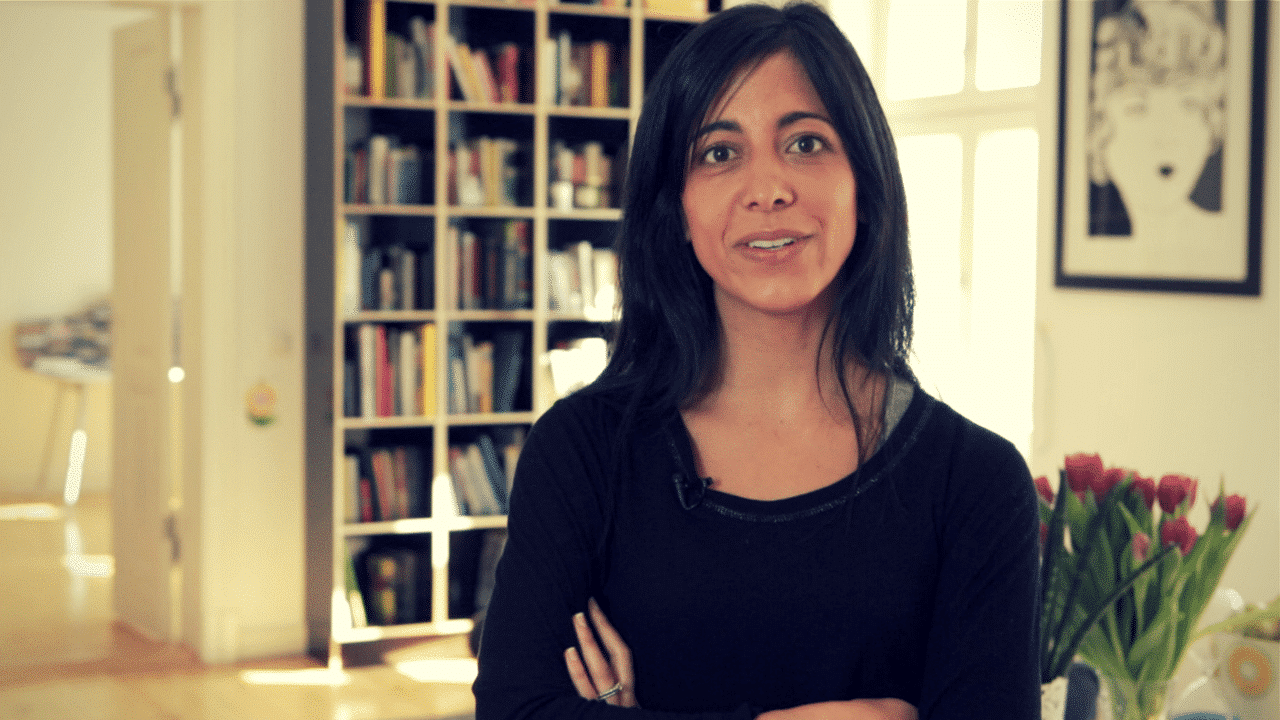Dr. Nassim Majidi is the co-Founder & Director of Samuel Hall, a social enterprise dedicated to migration research across Asia, Africa and Europe, with offices in Kabul, Nairobi, Tunis and Berlin. There she leads a team of 40+ researchers and field coordinators across countries of origin, transit, and destination. Dr. Majidi completed her Ph.D. at Sciences Po in France on return and reintegration policies. She is a Research Associate with the African Centre for Migration & Society (AMCS), Wits University, South Africa and the Feinstein International Center at Tufts University in Boston, MA, USA.
